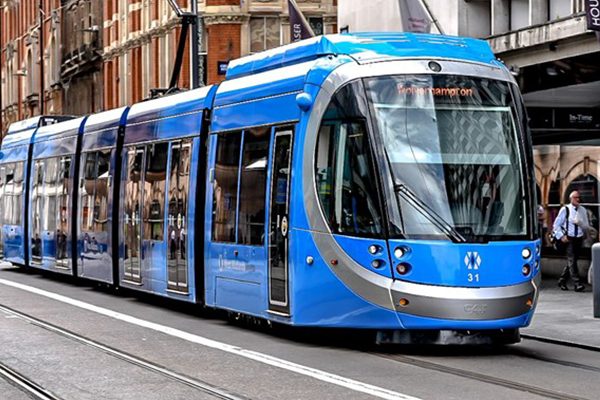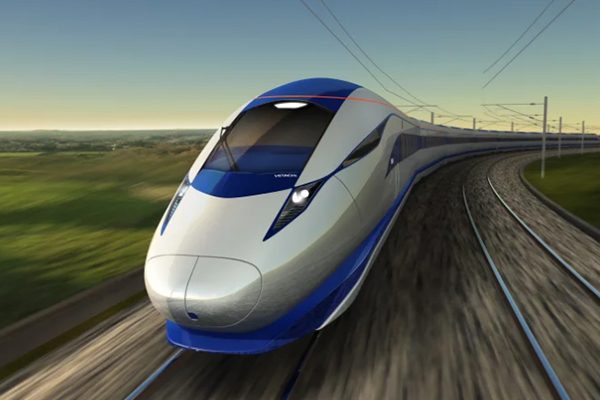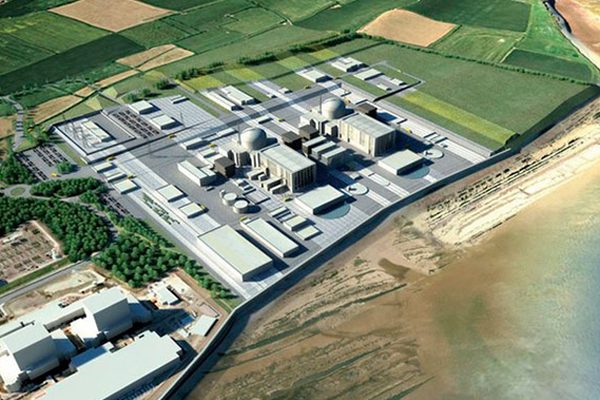IBJ Recovery
RSSI Package Works
Worcester
“CRSA selected RSSI due to our collaborative approach to replacing rail, creating effective plans through stakeholder engagement, hazard identification on-site walkouts and detailed Work Package Plans (WPP).”
John Byrne
Location
Worcester
RSSI Division
Resourcing, Welding, Signalling and Worksite Management
Project Leader
John Byrne
No. of Staff
17
Award Value
£230,000
Project Duration
20 weeks
Delivery
CRSA selected RSSI due to our collaborative approach to replacing rail, creating effective plans through stakeholder engagement, hazard identification on-site walkouts and detailed Work Package Plans (WPP). To meet the agreed scope, the team worked alongside CRSA to plan possessions and resources.
WPPs maximise our efficient multi-skilled approach to rail replacement, utilising operatives such as welders, who are also level 1-3 stressing technicians, saving time and cost. We provide in-house S&T cover in addition to experienced P-way track operatives.
Led by our Project Manager, the team includes a Site Supervisor, Safe Work Planner, HandBack engineer, an Engineering Supervisor, a Track Charge Person, two Controllers of Site Safety and ten multi-skilled Track Operatives.
Our mentoring programme enhances our safety critically trained operatives’ skills, guiding our workforce through our three-stage progressive process, embedding skills at each level.
All IBJ removals and closure installations, where an Ironman is required, where conducted in line with the NR/L3/MTC/RCS0216/SP07 standard.
All personnel are trained in the use of hand tools and stressing equipment to ensure they adhere to the NR/L3/CIV/140/218N_ISSUE_1B, NR/L3/MTC/RCS0216 SP04_ISSUE_2 and NR/L3/MTC/RCS0216/SP13 standards.
We also provide Signalling cover throughout to assist with testing as required, reducing risk, ensuring all testing is complete before hand-back.
Zero AFR on this project has been achieved through adherence to our ISO45001:2018-Occupational Health and Safety System.
The project adheres to our accredited IS09001: Quality Management and ISO14001: Environmental Management Systems and Network Rail’s standards.
Key parts of the quality systems which positively impact the works are:
- Fatigue: Our rostering team identify the potential level of fatigue, with our ‘Fatigue Risk Management System, ensuring that ‘Everyone [returns] Home Safe, Everyday”, meeting NR/L2/OHS/003/01 ISSUE 1.
- Covid-19: We have put additional protection methods to comply with NR/L3/MTC/CP009 ISSUE 4.
- Added value: Using multi-skilled personnel to improve efficiency which increased productivity, efficiency and reduced costs providing surety of delivery, control of quality and costs.
Meet Our Experts
“On this project, we provide in-house S&T cover, experienced P-way track operatives, Welding services as well as Worksite Management. Our ability to offer a package of services from a single supplier ensures excellent lines of communication both internally and with the client."
John Byrne
Operations Director (RSSI)
Recent Projects

Midland Metro Alliance

HS2 High-Speed Rail

